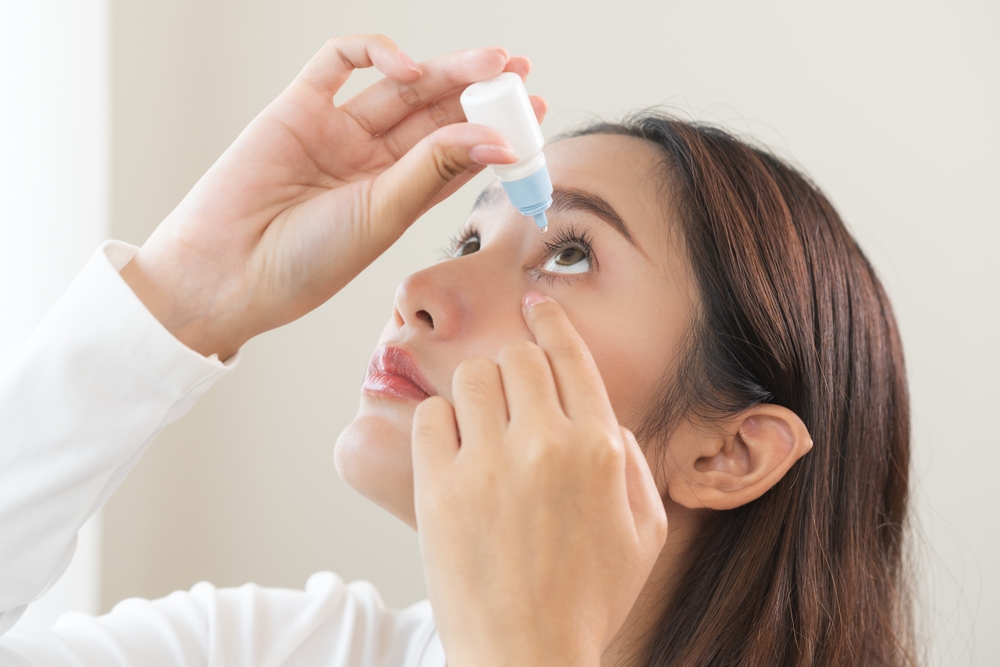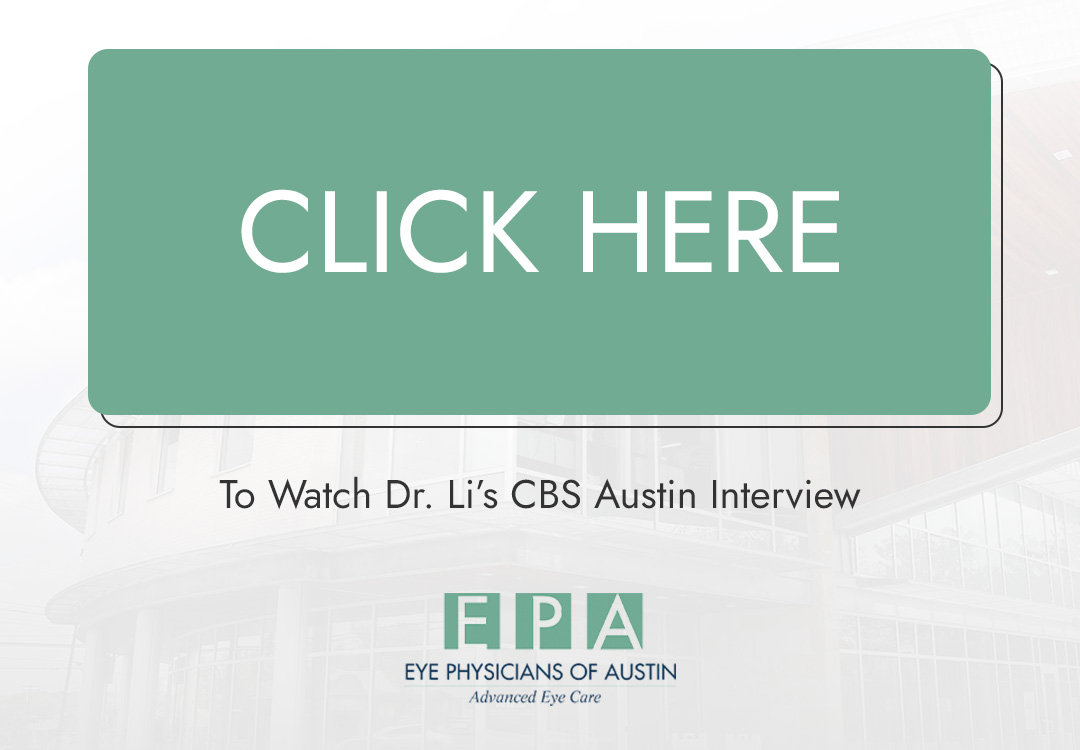
Dry eye is a common and often chronic condition that affects millions of people worldwide. It occurs when your eyes don't produce enough tears or when the tears evaporate too quickly, leading to discomfort, irritation, and vision problems. Understanding the causes and treatment options for dry eye is crucial for maintaining healthy, comfortable eyes.
What Causes Dry Eye?
Dry eye is a condition in which the eyes do not produce enough tears or the tears evaporate too quickly. This can be caused by a variety of factors, including:
• Aging: As you get older, your tear production naturally decreases, making you more susceptible to dry eye.
• Medications: Certain medications, such as antihistamines, antidepressants, and blood pressure drugs, can reduce tear production.
• Environmental factors: Exposure to dry, windy, or low-humidity environments can contribute to tear evaporation.
• Medical conditions: Conditions like Sjögren's syndrome, rheumatoid arthritis, and thyroid disorders can lead to dry eye.
• Eyelid problems: Issues with the eyelids, such as blepharitis or meibomian gland dysfunction, can disrupt the tear film and cause dry eye.
Common Symptoms of Dry Eye
The most common symptoms of dry eye include:
· Persistent eye irritation or discomfort
· Redness or inflammation of the eyes
· Sensitivity to light or glare
· Blurred vision or eye fatigue
· A gritty or sandy sensation in the eyes
· Water eyes
If you experience any of these symptoms, it's essential to seek professional help to determine the underlying cause and receive appropriate treatment.
The Importance of Diagnosis for Personalized Treatment
Dry eye is a complex condition, and the underlying causes can vary from person to person. Proper diagnosis by an ophthalmologist is crucial for determining the best course of treatment. Through a comprehensive eye exam and specialized tests, your doctor can identify the specific factors contributing to your dry eye and develop a personalized treatment plan to address your unique needs.
Lifestyle Changes to Manage Dry Eye
In addition to medical treatment, there are several lifestyle changes you can make to help manage dry eye:
• Adjust your environment: Limit exposure to dry, windy, or low-humidity environments, and use a humidifier to add moisture to the air.
• Take breaks from digital screens: Prolonged use of digital devices can exacerbate dry eye. Make sure to take regular breaks and practice the 20-20-20 rule (every 20 minutes, look at something 20 feet away for 20 seconds).
• Blink more often: Consciously blink your eyes more frequently to help spread tears across the surface of your eyes.
• Adjust your diet: Incorporate foods rich in omega-3 fatty acids, such as fatty fish, walnuts, and flaxseeds, which can help reduce inflammation and improve tear production.
• Quit smoking: Smoking can worsen dry eye symptoms and increase the risk of eye-related complications.
Treatment Options for Dry Eye
The treatment options for dry eye vary depending on the underlying cause and severity of your condition. Your ophthalmologist may suggest one or more of the following treatments to alleviate symptoms.
Artificial tears and eye drops can provide temporary relief by lubricating the eyes and reducing inflammation. In more severe cases, prescription medications may be prescribed to help increase tear production and control inflammation.
For those experiencing difficulty retaining tears, punctal plugs can be inserted into the tear ducts to keep tears on the surface of the eyes longer. Warm compresses and proper eyelid hygiene are also effective in improving tear quality and flow, while omega-3 supplements, taken orally, can help reduce inflammation and promote tear production.
Schedule Your Dry Eye Evaluation with Eye Physicians of Austin Today
Dry eye is a complex and often chronic condition that can have a significant impact on your eye health and quality of life. While there are many self-care strategies and treatment options available, it's crucial to work closely with a doctor to ensure you receive the personalized care and treatment you need. By addressing the underlying causes of your dry eye and implementing a comprehensive management plan, you can find relief from your symptoms and protect the long-term health of your eyes.
If you're experiencing dry eye symptoms, schedule a consultation with Eye Physicians of Austin. Our specialists can provide a comprehensive evaluation, diagnose the root cause of your dry eye, and develop a personalized treatment plan to help you find lasting relief. Visit our office in Austin, Texas, or call (512) 583-2020 to book an appointment today.





